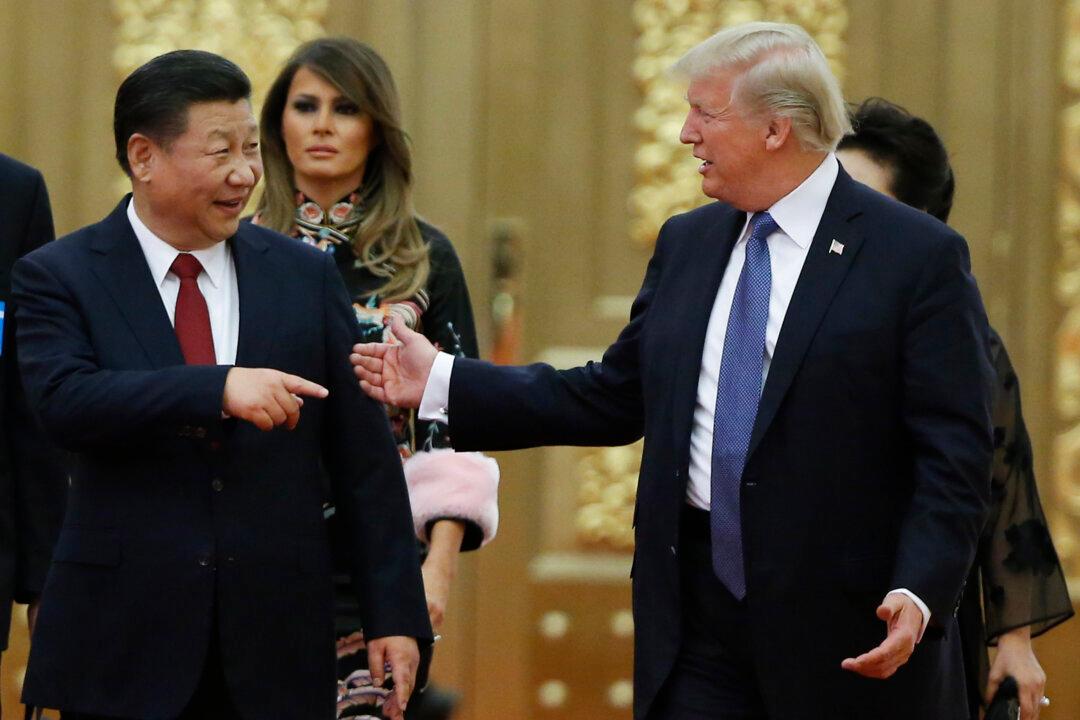WASHINGTON—The Trump administration is ramping up the pressure in its ongoing trade war with Beijing by adopting new strategies to curb China’s intellectual property (IP) theft.
A recent report by The Wall Street Journal, citing sources familiar with the matter, claims that Washington is gearing up to move beyond tariffs and “use export controls, indictments, and other tools” to take on China.





